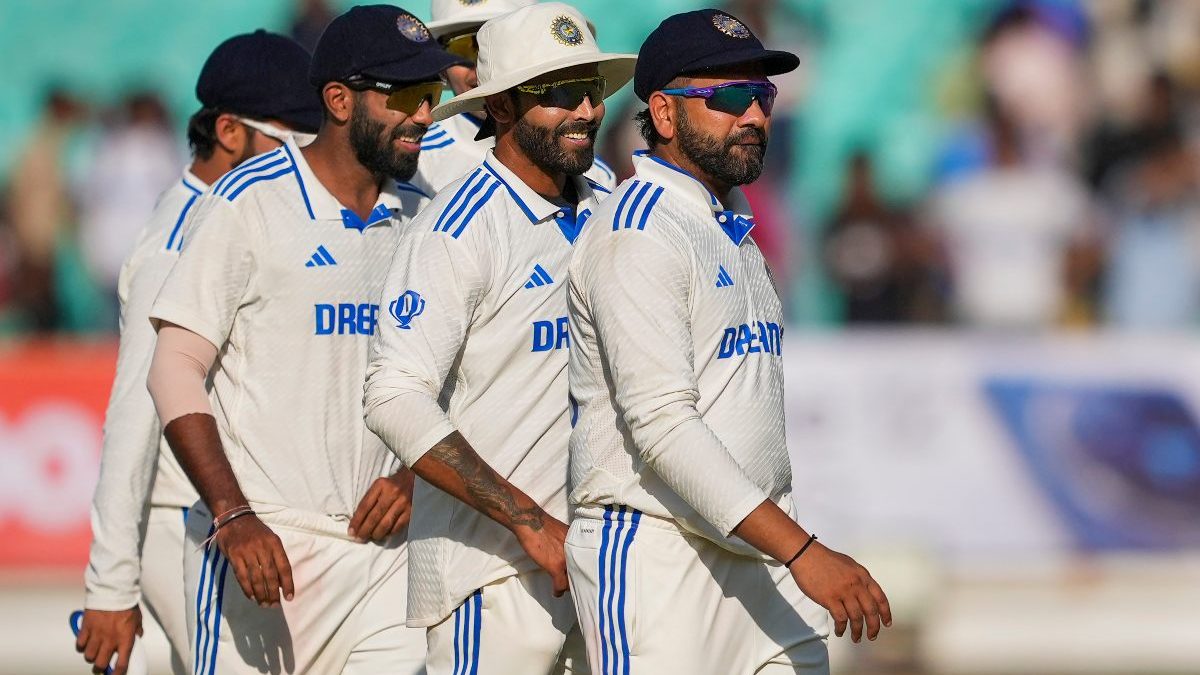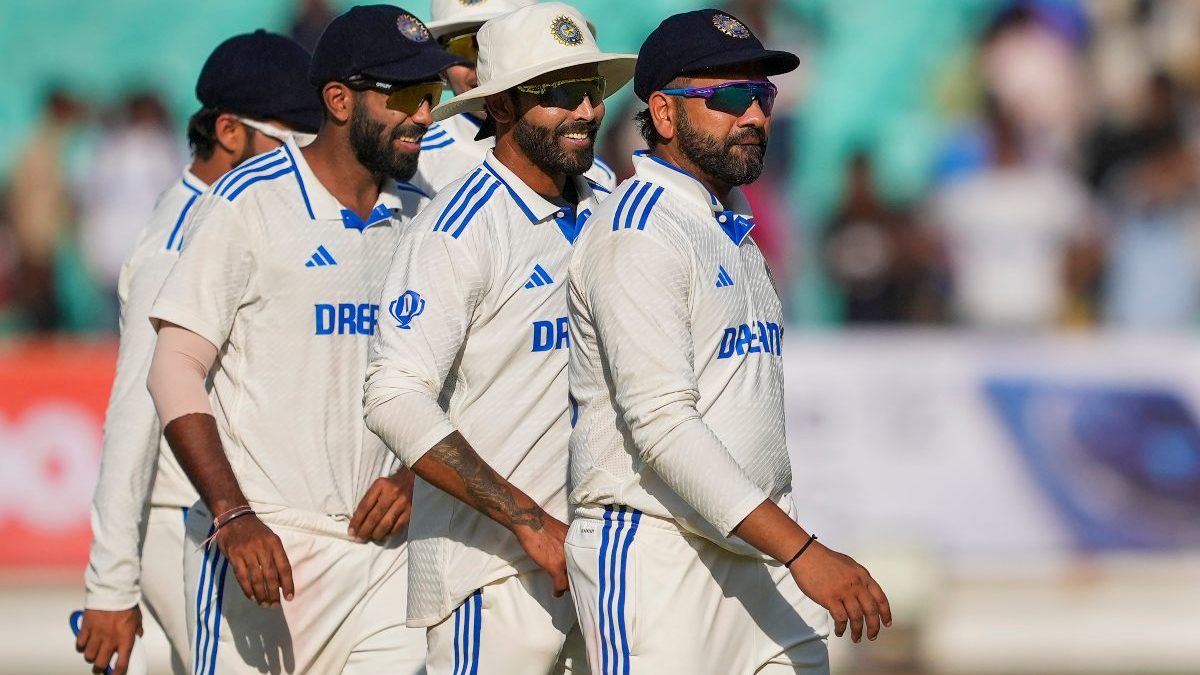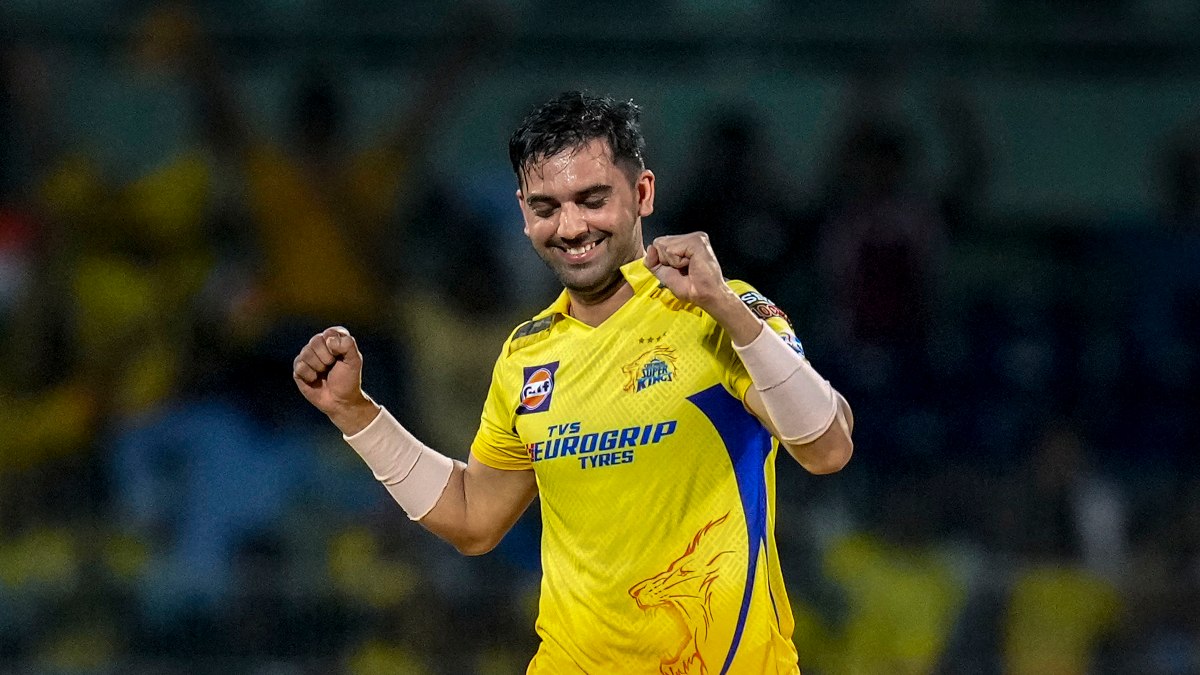India has been indignantly fighting multinational pharma companies to break their patents for the sake of millions of its citizens who cannot afford their dollar prices. Once the government breaks the patent, smart local companies make generic copies of these drugs and sell them locally at heavily discounted prices. It saves precious lives.
International law, or more specifically TRIPS, provides for this, and it’s up to the countries to make use of this flexibility. Two major cancer drugs are now available to Indians at affordable prices because of this procedure called compulsory licensing. The companies which made the original molecules of the drugs did everything possible, including engineering direct threats by the US to impose sanctions, to stop India from doing it, but the citizen’s vigil prevailed upon politics. The monopolists even went to the extent of calling it piracy whereas the truth was that it was people’s right to affordable treatment.
In today’s (Monday 10 March) Times of India , Nikhil Pahwa, writes about another alleged “piracy” that copyright-holders want to lay their hands on. It may sound silly and trivial, but it is true. Cricket broadcasters want to prevent websites from publishing live scores unless they are paid royalty.
What the heck? For those without access to TV or radio, live ball-by-ball commentary has been a Godsend for them to stay updated on cricket scores. It’s a laborious process for the websites, but an useful alternative for people in boardrooms, offices and those on the go. Apparently, the rights-owners have prevented ball-by-ball commentary of the live scores in the recent tour of India to New Zealand, and sent notices for the subsequent Asia cup because it is “Hot News”. Cases have been filed against two prominent websites.
Pahwa writes : “It’s as if with every cricket tournament, a fresh case will be filed. The financial burden on some of these websites, which have been asked to pay Rs 10 lakh per match for a licence to report live, else delay reports and lose advertisers, could lead to some of them being shut down.”
According to the author, the precedence could be extended to any “Hot News” which “gives control to an organiser to force a media publication, dependent on him for access to information, to play nice and not be critical.”
It’s laughable that in a country, where the government itself is a global leader in fighting monopoly of the Big Pharma, for instance, publishing live cricket scores is called piracy.
Of course, there is the other case of all the scores already being available on Twitter even before the sites can put them up. For instance, during the Asia Cup, those wanting to follow scores only had to follow a #AsiaCup or #IndvsPak hashtag to know what was happening in the match. Could there soon be a case where the rights holders might want to gag twitter users as well?
At this rate of monetising everything related to cricket in India, there will be nothing left to enjoy. Will the enjoyment of cricket and sharing of scores between individuals also be copyright protected soon?
At the end of the day, it’s for the websites to devise some legal way to circumvent the greed of the BCCI and its copyright vendors, but the trend doesn’t augur well for the majority of Indians and copyleft campaigners. One is sure they will find a way out.
The copyright clamour of the cricket rights holders is, in fact, a part of an frivolous trend in entertainment. Now that cricket is also becoming entertainment, the efforts to monetise every bit of isn’t surprising.
In 2004, national award winning singer KJ Yesudas dropped a bomb when he said even those who sing his songs at events should pay a royalty. Although he tried to wriggle out of the controversy saying that he was speaking for poor lyricists and music directors who made nothing out of these songs, it was true that some singers were asked for a list of songs that they will sing at a particular event.
Subsequently, several music bands were approached by the Indian Performing Rights Society (IPRS), demanding license-fee, which varied from Rs 5000 to Rs 80,000, for singing recorded songs of other artistes.
The IPRS reportedly claimed that they had tie ups with similar organisations overseas and hence even people who performed western songs were liable to pay. They claimed that the money would be remitted to the original copyright holder through its partners. Conversely, the IPRS would get money if anybody else performed Indian artists’s songs. Interestingly, the IPRS gets in touch with the organisers of such live music events in advance.
The bottom-line is simple. In a country with a billion-strong population, if everybody wants to copyright everything, it’ll be a litigation mayhem. Certain things are beyond copyright monopoly - the sheer pleasure of following a cricket match or singing one’s favourite song in front of a crowd. In a hopeless country, entertainment is both hope and escapism.
In fact it’s the behaviour of the greedy hawks that make people instinctively loathe copyright protection. If at all one wants to monetise everything, make it sensible and realistic. India is not America, here people will instinctively fight monopoly through what’s termed piracy - whether it’s cricket scores or music. People who fight them are losers.


)




)
)
)
)
)
)
)
)